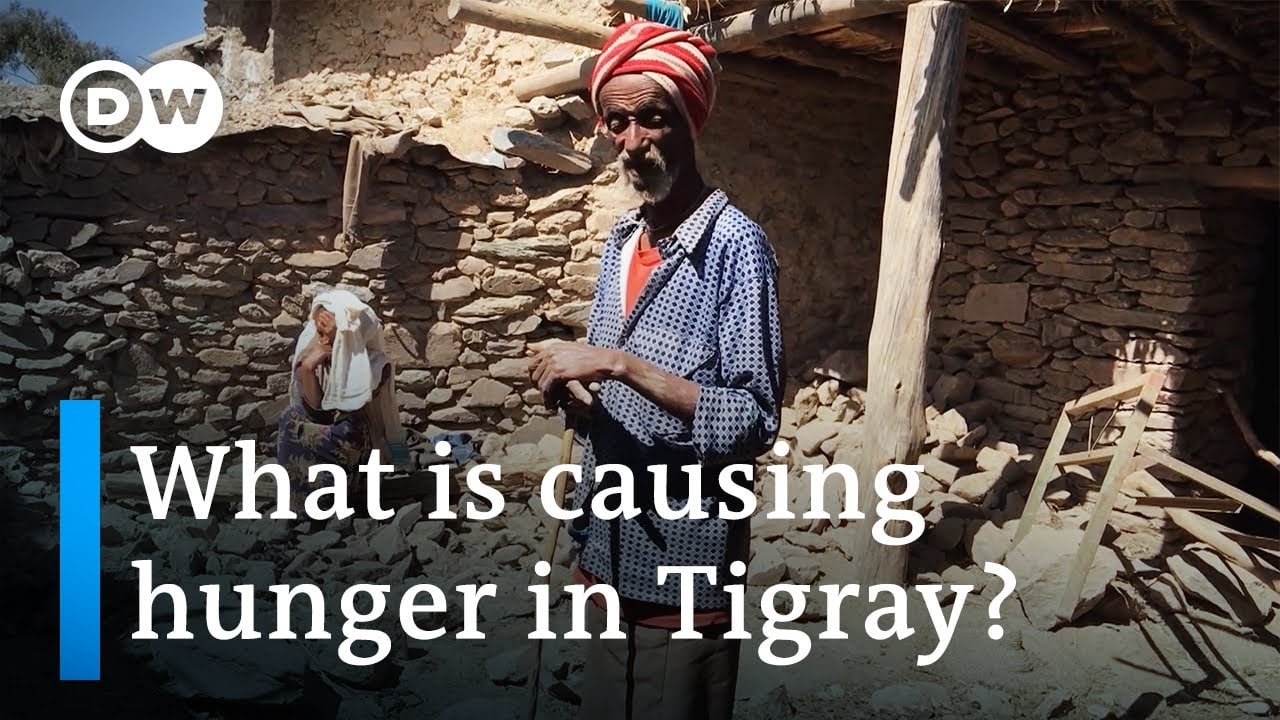
By Yimer Alye Ayalew
It is known that The Food and Agriculture Organization of the United Nations (FAO) has a noble mission: to achieve food security for all and ensure that people have regular access to enough high-quality food to lead active and healthy lives.
However, in the case of Ethiopia’s Prime Minister Abiy Ahmed, the FAO’s mission seems to have been twisted into a tool for creating famine and hunger.
Ethiopia, the second most populous country in Africa, is currently facing a severe food insecurity crisis. According to UNICEF, an estimated 29.7 million people in Ethiopia were in need of humanitarian assistance by October 2022. This is a staggering increase from previous years, and it is clear that the country is in the midst of a humanitarian catastrophe.
The causes of Ethiopia’s food insecurity crisis are complex and multi-faceted. Drought, conflict, and population growth have all played a role in the worsening situation. However, it is also clear that Abiy Ahmed’s policies have exacerbated the crisis.
Abiy Ahmed’s government has failed to deliver fertilizer in the Amhara region and has neglected to invest in agriculture, which is the backbone of the Ethiopian economy. As a result, crop yields have declined, and food production has fallen.
Additionally, Abiy Ahmed’s government has been accused of using food as a weapon of war, with reports of food aid being withheld from the Amhara region and other areas affected by conflict.
Abiy Ahmed’s policies have also led to a rise in corruption and mismanagement. This has further hampered the government’s ability to respond to the food insecurity crisis.
The United Nations has warned that Ethiopia is on the brink of famine. If nothing is done to address the crisis, millions of people will die.
Abiy Ahmed must leave power immediately to reverse the course of the food insecurity crisis in Ethiopia.
He is using food as a weapon of war and cracking down on corruption. The government has failed to work with international organizations and provide humanitarian assistance to those affected by the crisis, mainly in the Amhara, Afar, and Tigray regions.
Conclusion
The food insecurity crisis in Ethiopia is a humanitarian catastrophe. Abiy Ahmed’s policies have played a major role in the worsening situation. The FAO must take a stronger stance against Abiy Ahmed’s government and hold it accountable for its actions. The international community must also step up and provide more support to Ethiopia.
Sources and References
1. Food Security in Ethiopia. (n.d.). In Wikipedia. Retrieved October 12, 2022, from https://en.m.wikipedia.org/wiki/Food_security_in_Ethiopia
2. Famine in Northern Ethiopia (2020–present). (n.d.). In Wikipedia. Retrieved October 12, 2022, from
https://en.m.wikipedia.org/wiki/Famine_in_northern_Ethiopia_(2020%E2%80%93present)
3. Famines in Ethiopia. (n.d.). In Wikipedia. Retrieved October 12, 2022, from https://en.m.wikipedia.org/wiki/Famines_in_Ethiopia


Jerusalem Post on the occasion of the awarding of the Nobel Peace Prize to Abiy Ahmed stated that the prize was a down payment. A down payment for what? For genocide and dismantling of the Horn of Africa, of course.
What else has Abiy Ahmed been doing very effectively since his reception of the award? Now, he has recieved another award to encourage his ploy to carry out genocide through a man-made famine and his role in destroying crop diversity through a forced and underhanded widespread introduction of GMO crops.